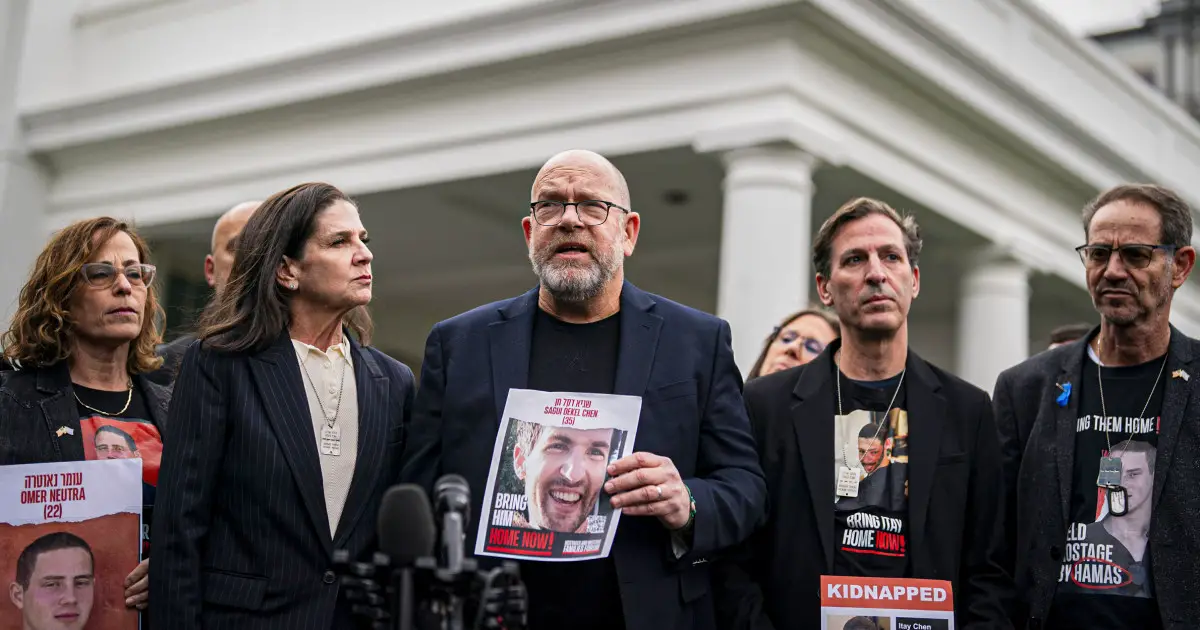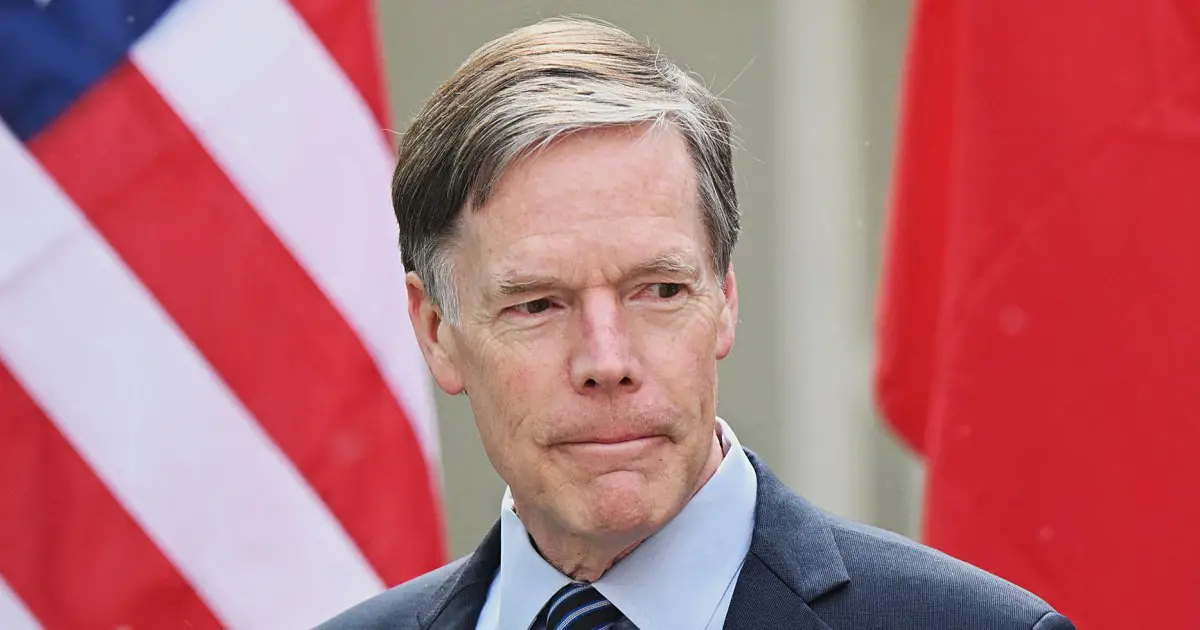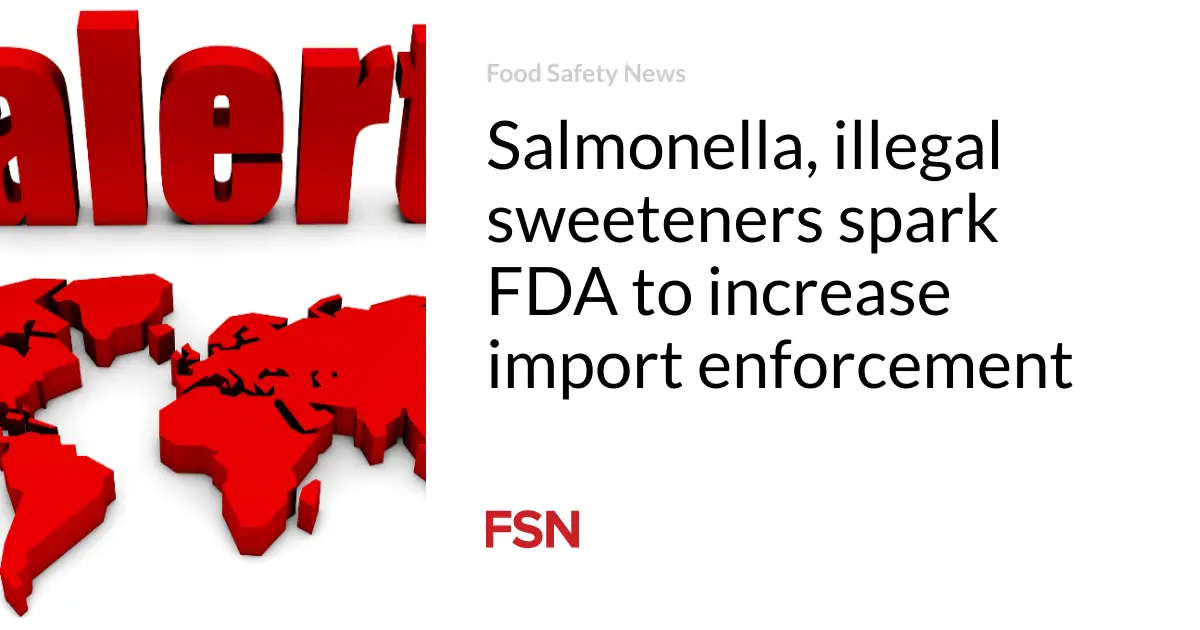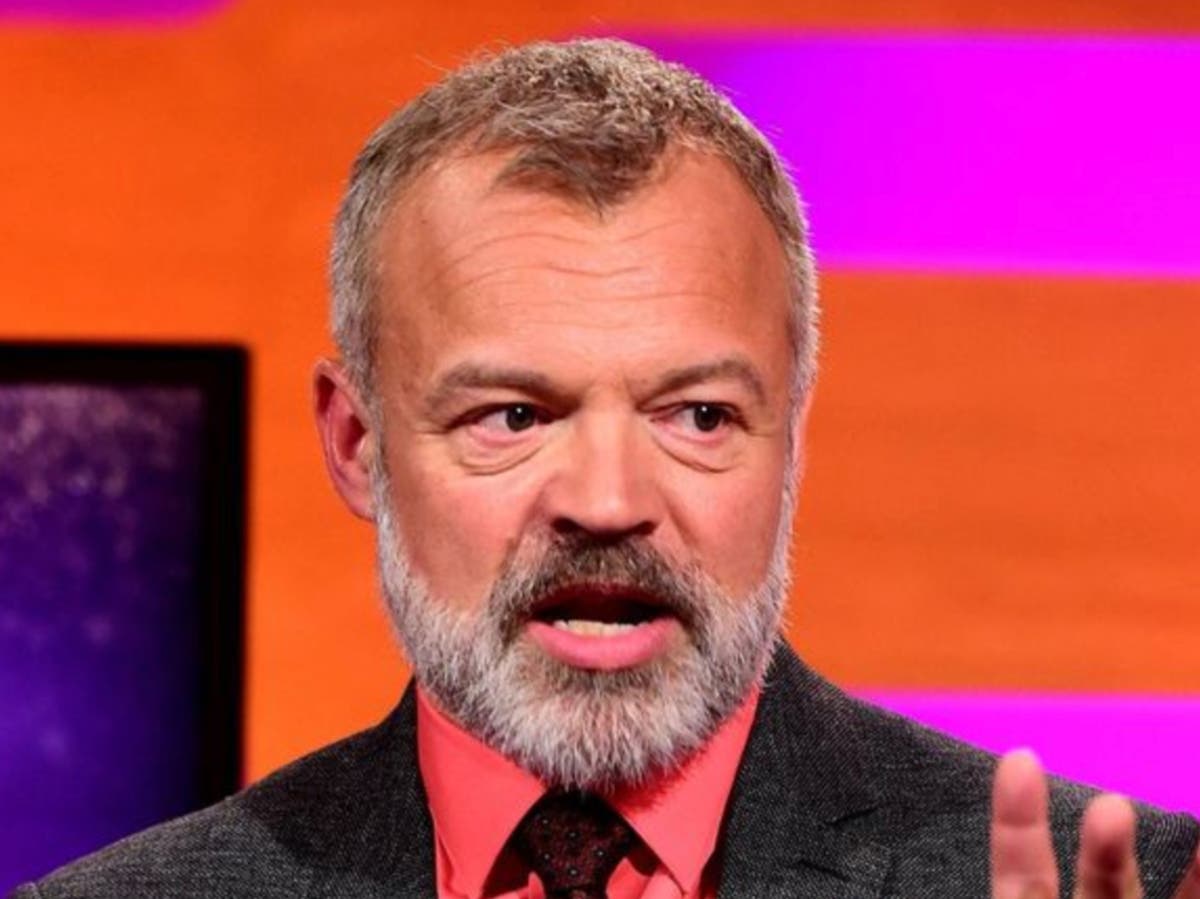

WASHINGTON — The families of American hostages being held by Hamas have pressed the White House to seriously consider cutting a unilateral deal with the terrorist organization to secure their loved ones’ release, and the option is currently under discussion within the Biden administration, according to five people familiar with the discussions.
In a meeting Sunday with national security adviser Jake Sullivan after Hamas killed six hostages, including American Hersh Goldberg-Polin, the relatives of U.S. citizens still in captivity urged the administration to evaluate options that do not include Israel, the sources said. Administration officials told the families that they would explore “every option,” but a deal with Hamas that includes Israel is still the best approach, people familiar with the conversation said.
The discussions about a unilateral deal come as family members, and some administration officials, increasingly believe Israeli Prime Minister Benjamin Netanyahu will not commit to an agreement with Hamas that implements a cease-fire in Gaza in exchange for the release of hostages, according to the people familiar with the discussions.
There are four remaining American hostages being held by Hamas that the U.S. believes are alive, and the administration is seeking the return of the remains of three others who are believed to be dead.
NBC News reported in June that the Biden administration had discussed possibly negotiating a unilateral deal with Hamas for the release of American hostages in Gaza if cease-fire talks involving Israel fell apart. The idea did not advance, with some top administration officials strongly opposing it, and President Joe Biden opting to continue to try to reach a broader deal that includes Israel and ultimately outlines a path to end the conflict.
But, in a sign that a unilateral deal has been explored internally, the Biden administration pulled together a list of prisoners in the U.S. whose release Hamas might be interested in securing as part of an agreement that would free the kidnapped Americans, according to two former and two current U.S. officials familiar with the planning. One of the officials said there are five individuals on the list.
The Biden administration even made preliminary outreach to Hamas, through Qatari officials, about six months ago, to explore the possibility of a unilateral deal amid stalled negotiations on a broader agreement involving Israel, the U.S. officials said.
That initial overture did not go anywhere, they added.
One administration official said the idea of a unilateral deal with Hamas is unrealistic because the U.S. does not have enough to offer in exchange for the American hostages.
“We have considered all possible options to free the hostages and bring them home to their families. Because of Hamas’ demands, there has not been a formal offer for a side deal made because no such deal is possible,” the official said.
“Hamas wants two things that only Israel can deliver: a cease-fire and nearly 1,000 Palestinian prisoners currently in Israeli jails. Every other proposal has gone nowhere because that is what Hamas demands for the hostages,” the official added. “President Biden and the rest of the U.S. government remain fully committed to returning the hostages, including Americans, to their families. And we continue to work, day and night, to complete the cease-fire and hostage release deal that is under discussion.”
A spokesperson for the Qatari government did not immediately respond to a request for comment.
A representative for the families of American hostages being held by Hamas declined to comment.
White House National Security Communications adviser John Kirby said Wednesday that Sullivan’s message to the families of American hostages recently “is that we’re going to keep doing everything we can to get their loved ones home where they belong.”
“We continue to believe that the best option, the best possible way, to do that is through this deal that’s been on the table now,” Kirby said, referring to negotiations between Israel, Hamas and the U.S. that have been mediated by Qatar and have failed for months to achieve a deal.
Asked Tuesday if the Biden administration has seriously considered the idea of a unilateral deal with Hamas, State Department spokesperson Matt Miller did not directly answer.
“Our entire focus has been on securing agreement to get home all the hostages. That, of course, includes the American hostages,” Miller said. When pressed on the idea of a unilateral agreement again Miller responded, “We are working on a deal to get all of them home.”
The U.S. list of possible prisoners Hamas could be interested in seeing released includes five leaders of a Texas-based charity, Holy Land Foundation for Relief and Development, who were convicted in 2008 of providing more than $12 million to Hamas, which had been designated by the U.S. as a terrorist organization, according to the current and former U.S. officials.
Two of the leaders of the charity, Shukri Abu Baker and Ghassan Elashi, are serving 65-year prison sentences. Mohammad El-Mezain and Abdulrahman Odeh were sentenced to 15 years in prison.
Mufid Abdulqader was given a 20-year sentence. Abdulqader is the brother of a former leader of Hamas.
Apart from a unilateral deal, the Biden administration is also considering offering Israel and Hamas a “take it or leave it” deal that could come together as soon as this week, according to two people familiar with the discussions.
In that scenario, if both sides rejected it, that could mean the end of U.S.-led negotiations, but the sources stressed no decision has been made yet on that approach.
On Monday, Biden told reporters that he was “very close” to presenting a final framework to the negotiating parties and predicted a positive outcome was still possible.
“Hope springs eternal,” Biden said.






